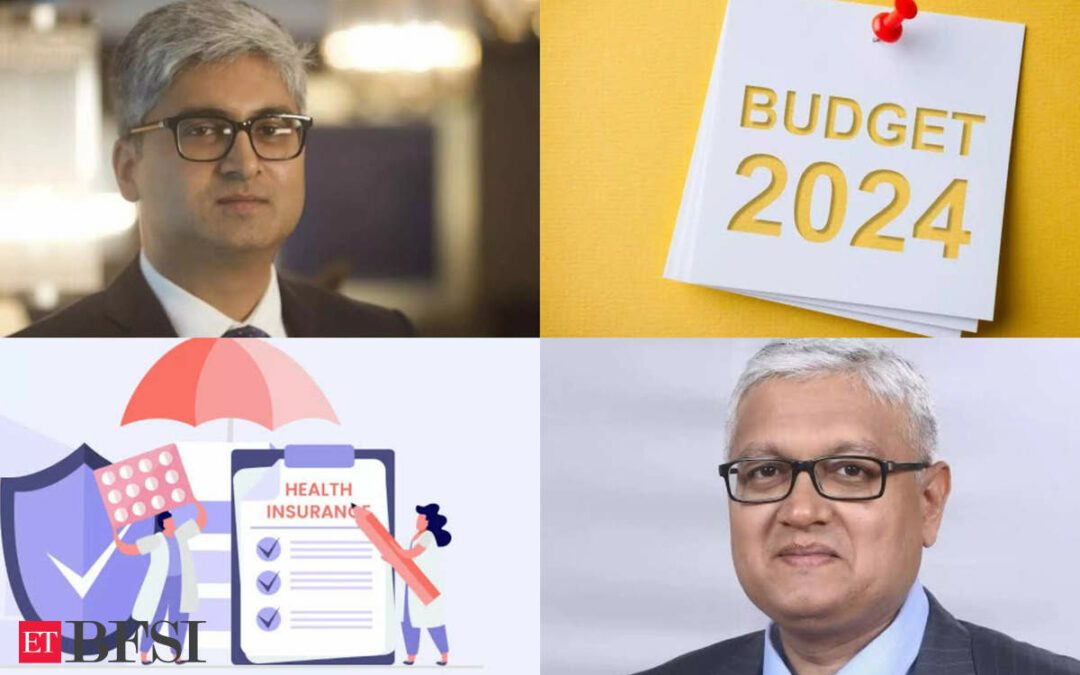India currently spends just over 2% of GDP on healthcare, which is less compared to other countries at a similar stage of development. For a growing country like India, Health Insurance experts feel that the government should commit to spend roughly 3-5% of GDP on healthcare as it would ultimately impact the capacity and ability to become the fastest-developing economy.
Health insurance has become a basic necessity today whether one is self- employed or a salaried person. It is a critical component in mitigating rising healthcare costs while accessing quality health care treatments for individuals and families.
Access to health insurance protection for senior citizens which constitute approximately 9% of our population, and with a higher life is also crucial. However, penetration of health insurance continues to be very low in our country. More than 50% of healthcare expenses are met out of pocket.
India is a price-sensitive market where people want to derive maximum value from anything they buy. A tax benefit therefore acts as a nudge for people to purchase health insurance cover.
“Given importance of health insurance in safeguarding families and senior citizens against increasing hospitalization costs and alleviating financial strains, in light of these circumstances the insurance industry would urge the government to consider a reduction in existing 18% GST rate on retail health insurance products,” Anand Roy, MD & CEO, Star Health And Allied Insurance.
Currently, the government levies 18% GST on health insurance premiums. The high GST rate not only makes health insurance expensive but is also a limiting factor because which health insurers find it difficult to build OPD benefits into health insurance products.
This reduction in GST rate would not only enhance affordability of health insurance for the general public but also contribute to increasing insurance penetration and accessibility, particularly in tier-II, tier-III cities, and rural markets, he added.
Echoing to what Roy said, Krishnan Ramachandran, MD & CEO, Niva Bupa Health Insurance also feels that to provide impetus to IRDAI’s vision of ‘Insurance for all by 2047’, the government should consider lowering the prevailing high GST rate on health insurance.
Also Read: In backdrop of IRDAI’s ‘Insurance for All by 2047′, Insurers expect encouraging changes from Budget 2024
“In the upcoming budget, the government can look at providing incentives and tax exemptions to companies and bring in regulations that encourage both corporate and SMEs to opt for health insurance for their employees,” he said.
Many customers today consider buying health insurance, as apart from offering financial protection in case of a medical emergency, it also offers additional tax benefits under section 80D. Hence it becomes easier for customers to think about buying insurance from a savings standpoint.
According to the veteran insurer, 80D tax exemption limit should be linked to inflation and revised periodically to adjust for inflation.
“As an industry, we would like to see an increase in the current limit of 1 lakh to claim tax deductions under section 80D as it would encourage more people to opt for health insurance. Also, tax exemptions for insurance purchases should be a part of the new tax regime that the government has rolled out,” he said.
Policyholders can currently claim a deduction of up to Rs 25,000 when they purchase health insurance for their parents who are less than 60 years of age and Rs 50,000 if parents are over 60 years of age. Given that senior citizens need health insurance the most, the government can consider increasing this limit to allow a deduction of 50,000 for parents less than 60 years of age and 1 lakh for parents above 60 years of age.
Also Read: BFSI honchos discuss what’s in store for Union Budget 2024
This tax benefit will encourage more people to opt for health insurance for their elderly parents. Additionally, tax exemptions should also be allowed for dependant family members such as brothers and sisters, Ramachandran expressed.
Watch the first, second, third, and fourth Episodes of the ETBFSI’s Union Budget 2024 series.











